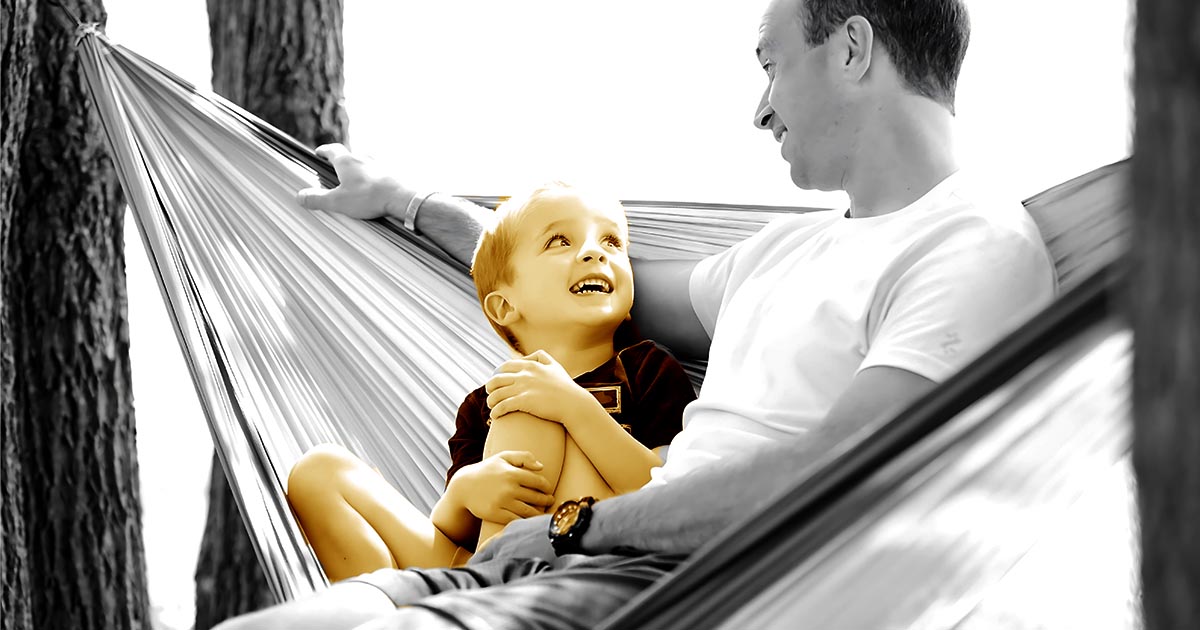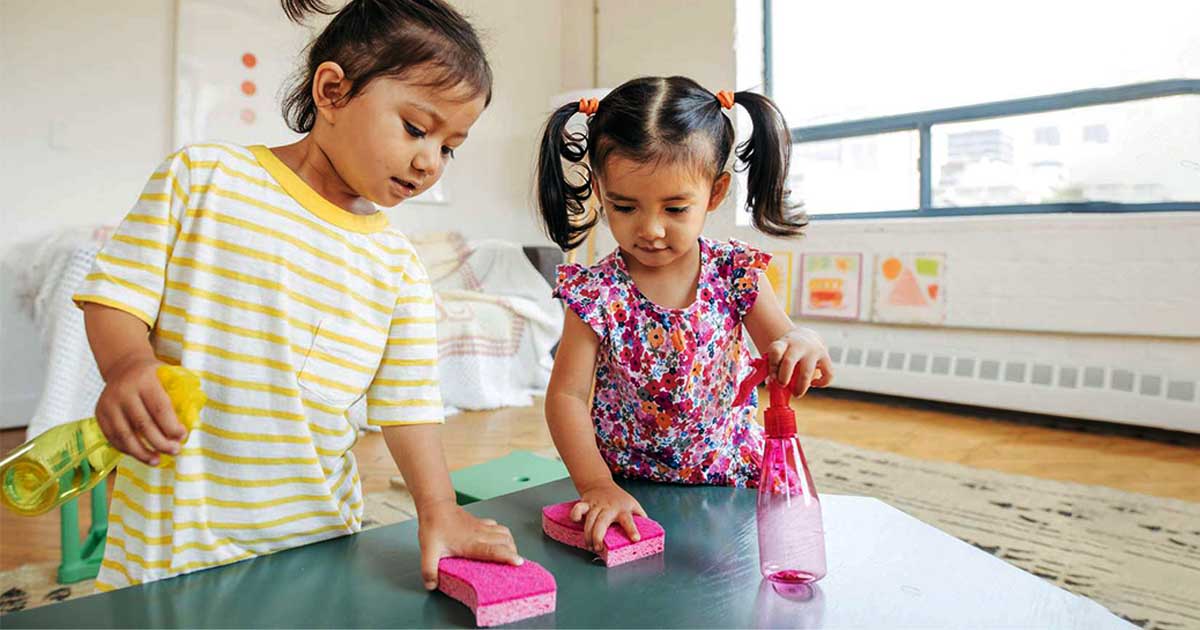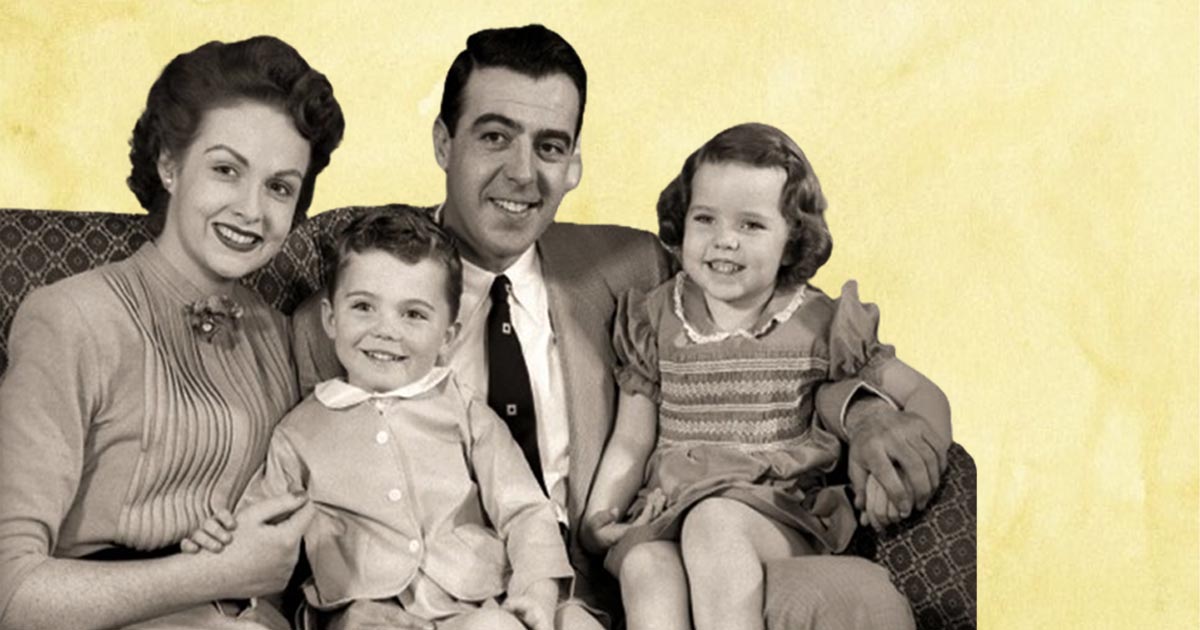Being a parent is one of life’s most fulfilling yet testing roles, and discovering effective discipline methods can be a process of trial and error. Positive discipline brings a new angle to parenting that centers on empathy, respect, and understanding in children’s behavior management.
Positive discipline does not advocate punitive measures or authoritarian tactics; instead, it teaches kids while empowering them toward good decision-making to build strong parent-child relations.
This post defines positive discipline and looks at some principles behind it as well as practical steps that can be taken by parents in their day-to-day lives. Let us discover together how transformative positive discipline can be in molding self-assured, caring individuals who are also able to bounce back from adversities.
What Is Positive Discipline?
Positive discipline is a parenting and child-rearing technique that seeks to teach children good conduct through affirmative reinforcement, guidance as well as respectful communication rather than punishment or coercion alone.

It stresses the need for establishing strong relationships between parents and their kids which should be anchored on respect from both parties towards each other’s feelings.
Fundamentally, positive discipline aims at fostering self-discipline among children; it also helps them develop problem-solving skills while boosting their self-esteem level. This method creates an environment where children can freely express themselves since they know that their opinions will always be considered by those around them.
It requires setting clear expectations for what is acceptable or not in terms of behavior within a family setting while giving constant direction whenever necessary together with acknowledging any effort made towards meeting such expectations hence reinforcing these actions through words like ‘good job’.
Read More: Positive Parenting Tips For Toddlers – 10 Parenting Insights You Can’t Miss
10 Positive Discipline Techniques for Parents
Positive nurturing techniques can create a loving environment for children. They also help to teach them important life skills and values.

Here are 10 techniques of parenting with positive discipline:
1. Promote Positive Behavior:
Always recognize good behavior if you want more of it. When your child shares, is kind or completes tasks on their own – praise them specifically for doing so.
Use different types of positive reinforcement like verbal praise, high-fives, stickers, or special privileges. Children will feel valued and motivated when we notice what they have achieved and the effort they put into it.
2. Be Clear about Expectations:
When we establish clear expectations consistently throughout various situations this enables children to know what behavior is acceptable where and why it matters. Use age-appropriate language and examples when communicating rules or boundaries.
You might consider involving kids in setting those expectations so that they can share ideas and understand the rationale behind each one. Be firm but fair by enforcing consequences when expectations aren’t met; doing so teaches accountability for actions taken.
3. Adopt Positive Language:
Create an atmosphere of supportiveness for learning by using positive words that help people see mistakes as opportunities rather than failures. Instead of saying “Don’t run” say “Please walk”.
By focusing on what we would like them to do instead of telling them not what not to do, we increase understanding and cooperation while reducing resistance or defiance too. Additionally, make sure you underscore how much good actions matter so that they may see value in contributing positively through their efforts
4. Show Good Behavior:
Children learn by watching and copying how grown-ups around them act. As a parent, this means that everything you do is important as it can affect your child’s behavior and beliefs greatly. Be patient, considerate, and understanding when dealing with others including your child.
Illustrate effective communication skills, problem-solving techniques as well as conflict-resolution methods which will give them something to imitate. You should therefore create for them an environment in which they can cultivate the values and behaviors that are dear to you.
5. Offer Choices:
Giving children options within reasonable limits helps them to express their independence while also developing decision-making abilities. This implies that kids get chances to make decisions on their own hence exercising autonomy but only within set boundaries by parents or caregivers.
Always ensure that any alternative given when presenting choices is acceptable and suitable for the child’s age thereby fostering an ownership mentality plus responsibility among young ones.
So involve children in making decisions because this way, you enhance self-esteem together with independence while at the same time fostering cooperation among them through active participation.
6. Logical Consequences:
In teaching right from wrong, it is necessary to make use of logical consequences so that kids can see how what they did relates to what happened afterward.
Punishments seem unfair or arbitrary while logical consequences are directly connected to the offense committed thus offering invaluable lessons. Through what is positive discipline tecniques parents can also instil a sense of rational thoughts.

For instance, if a child fails to clean up his/her toys then temporarily taking away those toys until he/she proves responsible enough would be considered as one among many possible logical consequence(s).
This will help establish personal accountability in children as well as equip them with the skills required for making informed choices based on expected outcomes.
7. Time-In Instead of Time-Out:
Instead of using conventional time-out methods that are viewed as compassionate and constructive, parents can use time-ins. They involve keeping in touch with the child during conflict or any other stressful moment rather than excluding them.
These offer chances for emotional coaching and problem solving thus aiding in emotional regulation and coping strategies development among children.
When you show them what is right through your presence beside them always then they learn better ways of dealing with various challenges in life. Support their intelligence so that they become strong emotionally intelligent people.
8. Active Listening:
Active listening is an empathic and supportive approach to relating with a child. Take your time to listen genuinely without judging or stopping their thoughts, feelings, and points of view from being expressed. You should respond by reflecting on the emotions and experiences shared back at you while validating these feelings through empathy.
When you create an atmosphere through what is positive discipline where kids freely talk to you trust each other more is built between both parties involved here.
This skill helps mothers know when something is wrong with their babies because all information required will have been given out during this period therefore making it easy for them to address such issues appropriately afterwards.
9. Reinforce Positive Values:
One should take discipline as a chance to reinforce positive values like compassion, sympathy, and accountability. It helps kids to comprehend how their deeds affect others besides encouraging them to think from different points of view.
Teach empathy when dealing with bad behavior; teach problem-solving skills but also show why it’s important to treat each other respectfully and with kindness through stories, role plays, and real-life situations that demonstrate these virtues among others which foster good relationships within communities.
10. Focus on Teaching:
Instead of being punitive towards your child look at discipline as an opportunity for teaching where you need to be patient guided by love as well and understanding them better even if this means going beyond correcting what went wrong alone.
Help that person under your care acquire vital survival techniques through self-regulation among other aspects so that they can fit in any given society easily without causing trouble or harm to themselves and others around them.
Urge the young one involved to make personal evaluations concerning his or her behavior thus creating individuality in thinking about decisions made while keeping in mind that he/she is answerable for all choices taken thereby enhancing self-awareness alongside confidence.
The more you focus on teaching instead of punishment, the better because this way you help not only in correcting bad habits but also promoting character development based on patience with one’s abilities which encourages growth even when things seem impossible according to their current level so far attained.
Through positive discipline methods such as the ones mentioned above, parents can build homes full of love whereby children will thrive knowing well how much they are cared for regardless of what happens along the way.
Read More: 10 Effective Mental Health-Boosting Activities For Children
A Word From Mind Family
Positive discipline is not just a collection of techniques but a comprehensive way to care for children’s well-being and development, said Mind Family. They can make children feel loved, respected, and empowered to succeed in life by following the principles of positive discipline in the home.
Positive discipline should be remembered as an ongoing attempt at deepening the parent-child relationship, instilling compassion and awareness into kids’ hearts as well as helping them acquire vital skills needed for successful living.
Patience, understanding with an open mind ready for new knowledge – are some qualities parents need when dealing with their child’s behavior. Let us work together so that all children may live up to their potential by creating homes filled with love and nurture.
Frequently Asked Questions (FAQs)
What is positive discipline?
Positive discipline is an approach to parenting that emphasizes teaching children appropriate behavior through positive reinforcement, guidance, and respectful communication, rather than relying solely on punishment or coercion.
How does positive discipline differ from traditional discipline?
Positive discipline focuses on teaching and empowering children while fostering a strong parent-child relationship, whereas traditional discipline often relies on punitive measures and authoritarian tactics.
What are the key principles of positive discipline?
Key principles of positive discipline include respectful communication, setting clear expectations, positive reinforcement, logical consequences, empathy, and teaching problem-solving skills.











